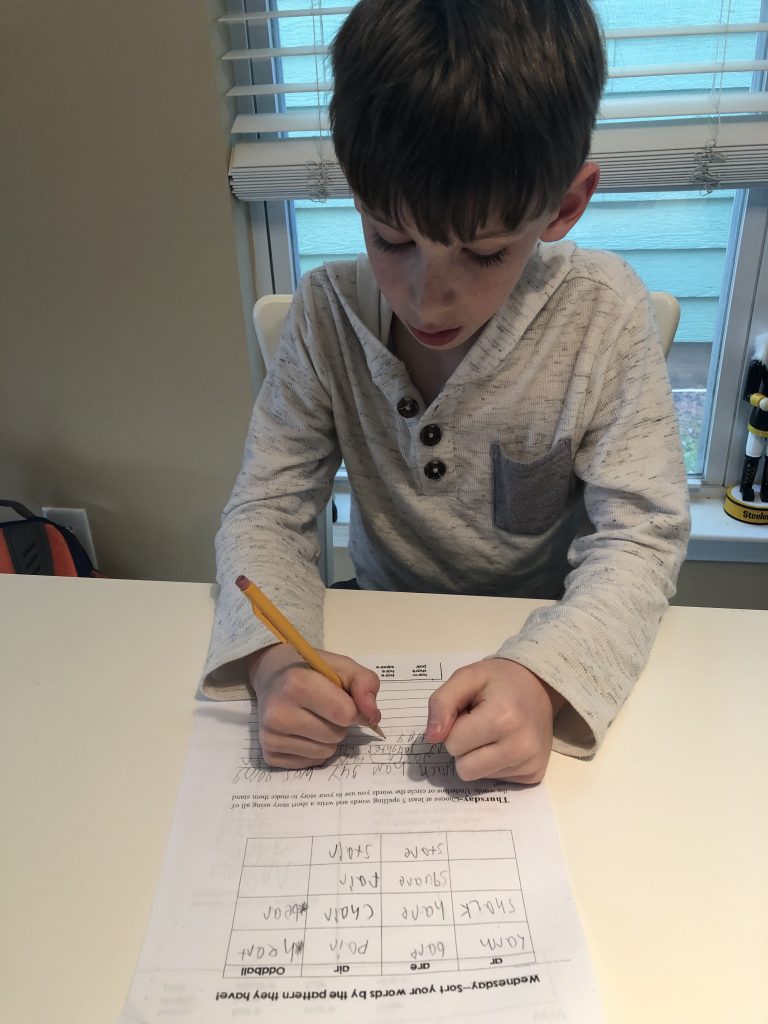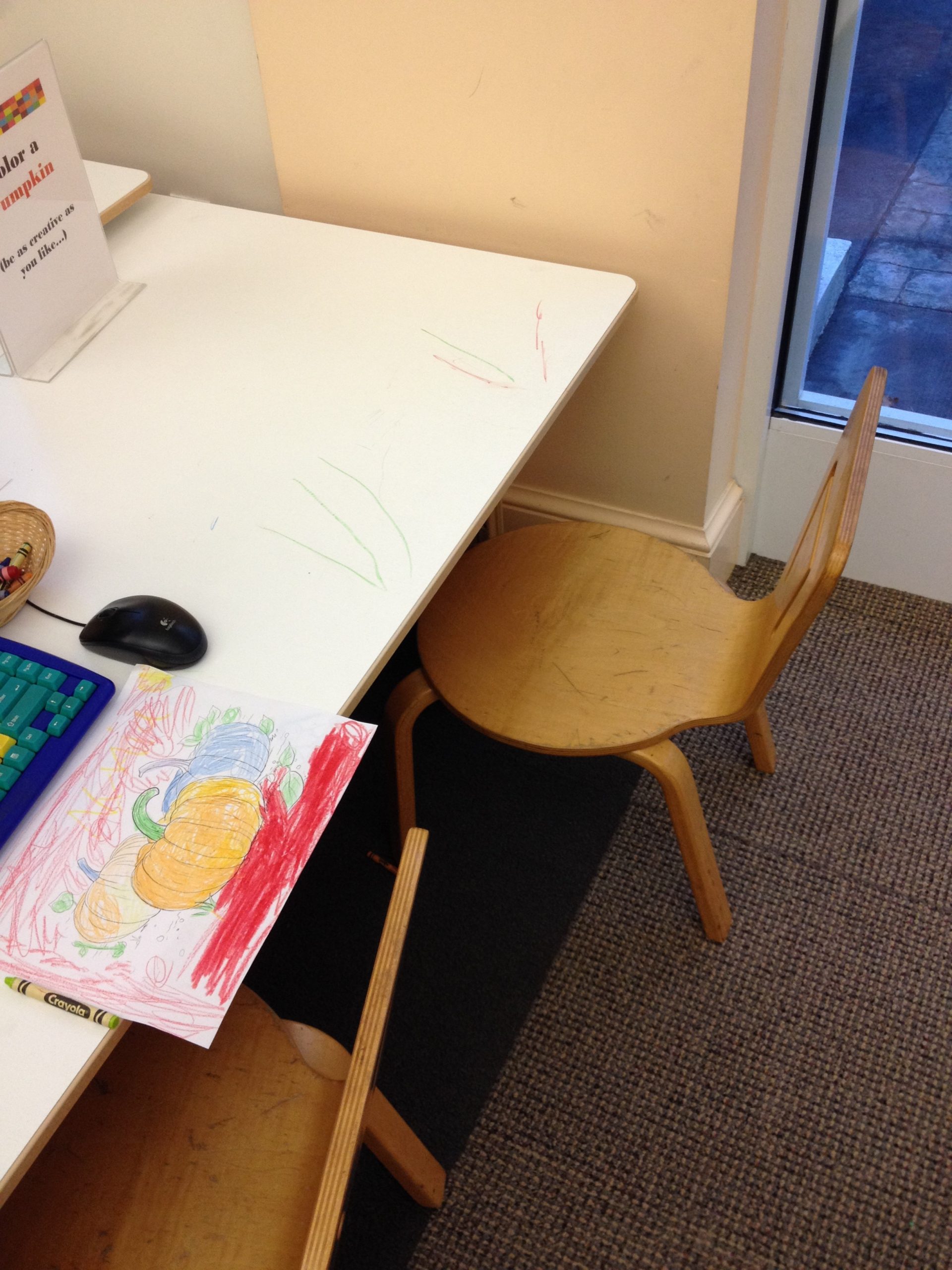New vocabulary must be robust for student success. A powerful language improves listening, speaking, reading, and writing. It leads to achievement. The student’s vocabulary predicts the ability to read. Vocabulary instruction is important for students. It is one of the five core components of reading instruction. Thus, vocabulary teaches students how to read. It gives them the words to communicate and express ideas. A rich language connects knowledge to reading comprehension and enhances critical thinking skills.
New Vocabulary for Academics
A limited word list keeps students from processing information. Students can’t reach their academic potential to understand the words they hear or read. This causes a struggle to comprehend. This barrier to understanding causes several difficulties.
- Oral communication is stifled.
- Applying reading skills and strategies becomes limited.
- Students have difficulty orally explaining ideas from context.
- Also, concepts and relationships from the text make little sense.
Struggling students often read less than other students when they are out of the classroom. This makes gaining new vocabulary difficult.
Strategies for providing new vocabulary words are available in various methods.
- To support learning, expose students to the same word several times.
- Have students write it in a sentence or verbally explain its meaning.
- Graphic organizers help define new words. Students can also draw a picture or keep a notebook.
- Repeat the word and definition after a brief period so it’s stored in the long-term memory.
- Encourage students to correct their errors.
- Technology teaches new words.
- Practice independently, in pairs, or with a group of peers.
Select the most important words for learning. Classroom word walls provide a visual for students to recall and reflect on new words.
When people cannot communicate clearly and accurately, giving instructions or understanding them may be difficult.
Exposing students to new vocabulary words helps them communicate their needs, ideas, and thoughts. They can think and write creatively. Learning new words improves reading and listening skills. Choosing the right word for situations makes a message clear and compelling. Student success in academics and on standardized tests depends on knowing and understanding the vocabulary.



